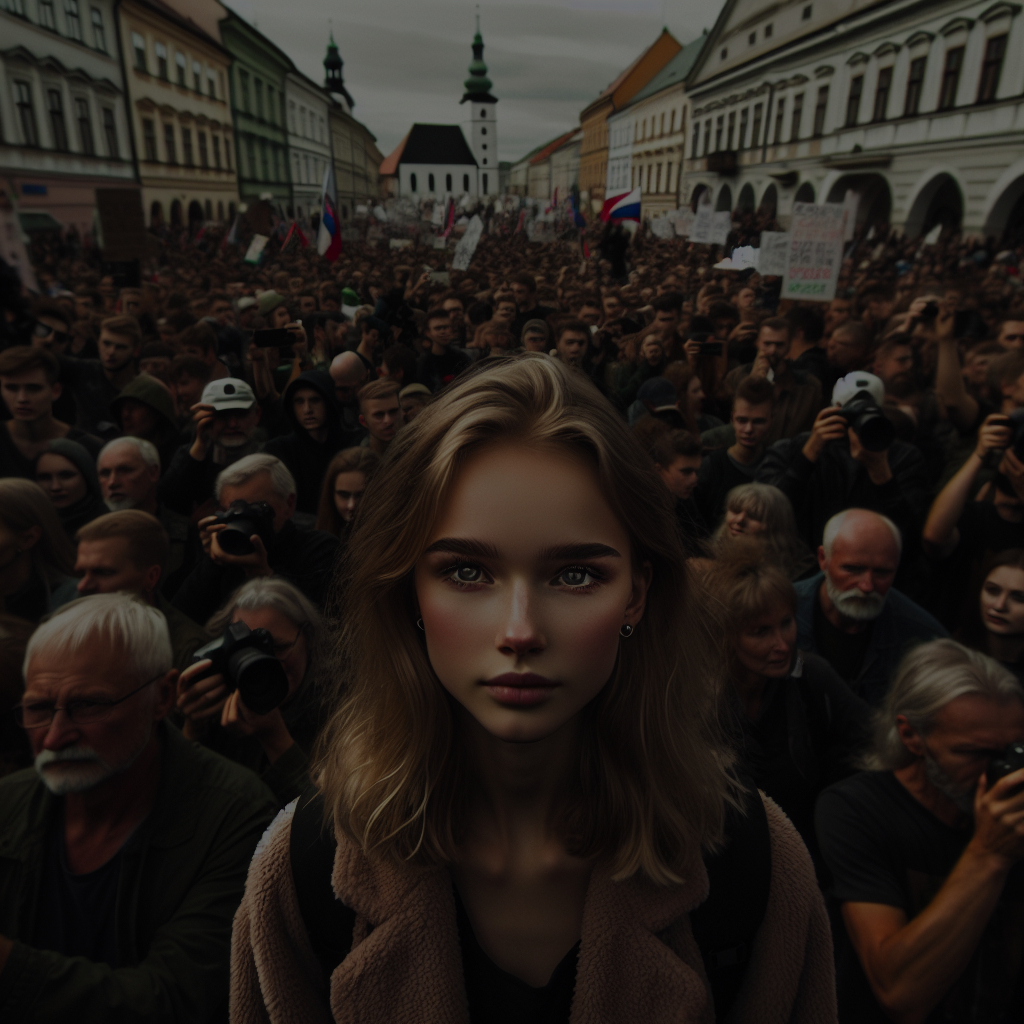Slovakia’s Controversial Constitutional Reform Targets LGBT+ Rights
A Reform Passed Despite Warnings from the EU
The Slovak Parliament has passed a constitutional amendment that curtails the rights of LGBT+ individuals and asserts national law over European Union regulations. Spearheaded by Prime Minister Robert Fico, the reform is framed as a “constitutional barrier against progressivism,” stoking significant debate both domestically and across the EU.
Adopted Amid a Divided Opposition
Out of the 150-seat Slovak Parliament, 90 lawmakers—out of 99 present—voted in favor of the amendment. A largely absent opposition saw nine of its own members join the majority bloc to facilitate the reform’s passage. Although initially scheduled for an earlier vote, lack of consensus delayed the process until the end of the week.
Michal Simecka, leader of the Progresivne Slovensko (Progressive Slovakia) party, condemned the outcome, labeling the vote as “shameful.” He criticized colleagues in the opposition who supported the measure, arguing it undermines democratic values and jeopardizes Slovakia’s standing within the European Union.
A Conservative Take on Family and Gender
The newly enacted amendment tightens restrictions on same-sex couples, narrows the scope for gender transition among intersex individuals, and limits adoption rights exclusively to married heterosexual couples—with very few exceptions. The legal text also states that “gender change can only occur for serious reasons, as stipulated by law.”
Government officials claim the changes are rooted in “traditional cultural and spiritual values” of Slovak society, reinforcing a binary view of gender defined at birth as either “male or female.” This perspective reflects rhetoric commonly associated with former U.S. President Donald Trump.
Challenging the Authority of EU Law on Social Issues
The amendment defends Slovakia’s “sovereignty” in matters it categorizes as cultural and ethical—even if they contradict obligations imposed by EU treaties. The Venice Commission of the Council of Europe has criticized this stance, emphasizing that EU member states must honor international agreements and cannot selectively override them with domestic legislation.
Slovakia, a member of the European Union since 2004, is bound by commitments to uphold fundamental rights. The passage of this constitutional change has therefore ignited concerns about the country’s adherence to shared democratic principles within the EU framework.
A Longstanding Ideological Shift
This move is not without precedent. In 2014, Robert Fico’s administration introduced a constitutional declaration defining marriage solely as a union between a man and a woman. A subsequent referendum in 2015 aimed at fully banning same-sex marriage failed due to insufficient voter turnout.
Currently, the government is pressing for education reform that mandates schools to align all curriculum content with constitutional principles—a measure many view as a bid to impose ideological conformity within the school system.
Strong Backlash from Civil Society and the LGBT+ Community
Martin Macko, director of the advocacy group Iniciativa Inakost (Diversity Initiative), sharply criticized the amendment. He argues the reform adds “new hurdles for transgender individuals seeking medical transition” and entrenches “legal discrimination against families headed by same-sex couples.” According to Macko, the measure marks “a dangerous step away from EU integration.”
He also suggested that the move serves a political purpose—to distract from a deepening internal crisis in Slovakia marked by large-scale protests defending democracy and opposing the government’s increasing alignment with Russia.
Growing Political and Social Tensions
Since returning to power in October 2023, Robert Fico’s nationalist government has cut state funding for LGBT+ rights organizations. One government minister even sparked outrage by denouncing what she called an “ideology that leads to the extinction of the white race.”
This charged atmosphere recalls a tragic event in 2022, when two LGBTQ+ individuals were fatally shot at a gay bar in Bratislava by the son of a far-right extremist. The attack left a deep scar in Slovakia’s queer community and intensified the debate over LGBTQ+ rights and safety.
Latest LGBT+ News
Stay updated with ongoing developments in LGBTQIA+ rights with reliable information and inclusive reporting. Our mission is to provide a comprehensive and respectful space for stories that matter—offering visibility, depth, and engagement with queer issues across the globe.




Deja una respuesta